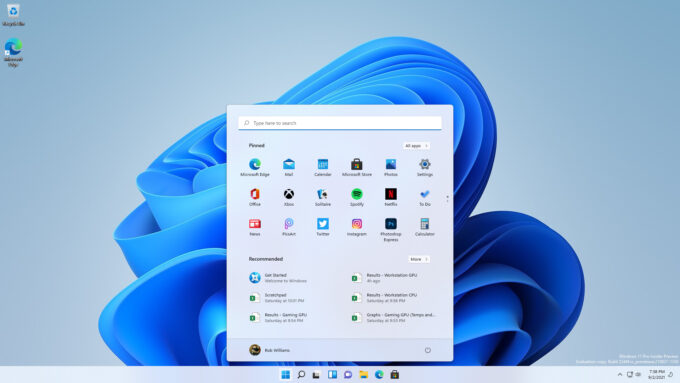Last Updated on 08/31/2023 by Lucifer

If you’ve recently tried updating your PC to Windows 11 only to be met with an “unsupported CPU” error, you’re not alone. The latest operating system from Microsoft has been causing quite a stir, with many users experiencing issues during the update process. In this article, we’ll explore what’s causing these issues, provide examples and comparisons, and offer some advice on what to do if you’re affected by the “unsupported CPU” error.
What’s Causing the Issue?

The “unsupported CPU” error that many users are experiencing appears to be caused by their device’s processor not meeting the minimum requirements for Windows 11. Microsoft has stated that the minimum processor requirement for Windows 11 is an 8th generation Intel Core or an AMD Ryzen 2000 processor, but there are several factors that can make this a bit more complicated.
For example, some newer processors that technically should meet the requirements may not be recognized as such due to compatibility issues. Additionally, some older processors that meet the stated requirements may still not be compatible due to other technical limitations.
Examples of the Issue
One user reported on Reddit that they were unable to install Windows 11 on their Surface Laptop 2 despite it having an 8th gen Intel Core i5 processor. Another user reported being unable to install Windows 11 on their custom-built gaming PC with an AMD Ryzen 7 1800X processor, even though it meets the minimum requirements. These examples show that the issue is affecting both pre-built devices and custom builds.
Comparisons to Previous Operating System Updates
This is not the first time that a Windows update has caused issues for users. In fact, many users experienced similar issues when upgrading to Windows 10 from previous versions. However, the difference this time around is that Microsoft has made the minimum requirements for Windows 11 more stringent than previous updates. This means that some users who were able to upgrade to Windows 10 may not be able to upgrade to Windows 11.
Advice for Users Affected by the ‘Unsupported CPU’ Error
If you’re experiencing the “unsupported CPU” error when trying to upgrade to Windows 11, there are a few steps you can take. First, make sure that your device meets the minimum requirements for Windows 11. If it does, but you’re still receiving the error message, try updating your BIOS or UEFI firmware to the latest version. This may help your device to recognize your processor as compatible with Windows 11.
If updating your firmware doesn’t work, you may need to consider upgrading your hardware. This could mean upgrading your processor, motherboard, or even buying a new device altogether. However, before making any hardware upgrades, it’s important to fully research and understand the compatibility requirements for Windows 11.
Finally, if all else fails, you can always stick with your current operating system. While it may be disappointing not to be able to upgrade to the latest and greatest version of Windows, sticking with an older version can still provide a stable and functional computing experience.
Conclusion
In conclusion, the “unsupported CPU” error that many users are experiencing when trying to upgrade to Windows 11 is caused by compatibility issues with their device’s processor. While this can be frustrating, there are steps that users can take to try and overcome the issue. By ensuring that your device meets the minimum requirements, updating your firmware, and researching hardware compatibility, you may be able to upgrade to Windows 11. However, if these steps don’t work, it’s important to remember that sticking with your current operating system is a viable option.



